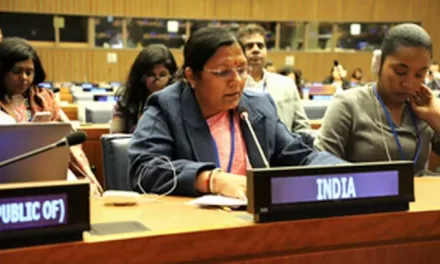A landmark study has cast doubt on the survival benefits of double mastectomy for women diagnosed with breast cancer in one breast, even in its early stages. The extensive research, led by Dr. Steven Narod from Women’s College Hospital and the University of Toronto, analyzed data from over 600,000 patients tracked for two decades.
Published in JAMA Oncology, the study reveals that while removing an unaffected breast does reduce the likelihood of cancer developing in that area, it does not translate into improved survival rates. Dr. Narod and his team discovered that the survival rates among women who opted for double mastectomy were similar to those who had either a lumpectomy or a unilateral mastectomy.
No Significant Survival Advantage
The research examined outcomes for over 661,000 women diagnosed with breast cancer confined to one breast between 2000 and 2019. Participants were divided into three groups: those who underwent a lumpectomy, those who had a unilateral mastectomy, and those who opted for a double mastectomy.
Over 20 years, the incidence of cancer developing in the second breast was notably lower among those who had undergone double mastectomy, with only 97 cases reported out of approximately 36,000 women. In contrast, 766 cases occurred among those who had a lumpectomy and 728 among those with a unilateral mastectomy. Despite this reduction in second breast cancers, survival rates remained similar across all groups: 8.5% for the lumpectomy group, 9% for the unilateral mastectomy group, and 8.5% for the double mastectomy group.
Understanding the Findings
The study suggests that cancers developing in the second breast years after initial treatment are rare and often less aggressive. Dr. Narod speculates that these secondary cancers are generally smaller and more treatable before spreading, which may account for the lack of survival benefit associated with double mastectomy.
Experts point out that breast cancer deaths more commonly result from the spread of the initial tumor to other body parts rather than from secondary breast cancers. Thus, the survival benefit of removing a second breast may be negligible if the primary cancer has already metastasized.
Expert Opinions
Dr. Seema Asha Khan and Masha Kocherginsky from Northwestern University, who co-authored a commentary on the study, acknowledged the complexity of the issue. They noted that while women with cancers in both breasts had a higher risk of death, the reasons behind the lack of survival benefit from double mastectomy remain unclear. They suggested that factors such as patient preferences and the quality-of-life issues associated with the procedure could also influence decision-making.
The study’s findings challenge the prevailing assumption that double mastectomy offers a significant survival advantage and call for a reevaluation of current guidelines, which often discourage the procedure in women at average risk.
For more information on treatment options and breast cancer care, the American Cancer Society provides comprehensive resources.
Source: Giannakeas, V., et al. “Bilateral Mastectomy and Breast Cancer Mortality,” JAMA Oncology (2024). DOI: 10.1001/jamaoncol.2024.2212












